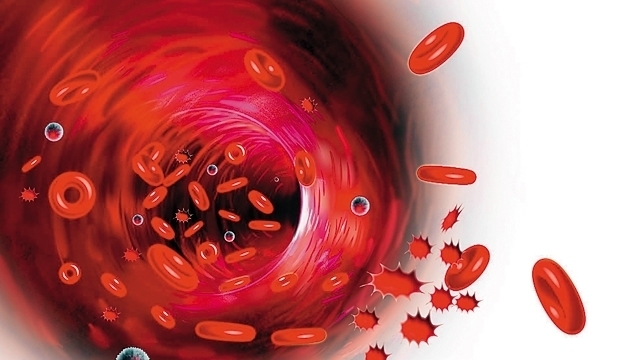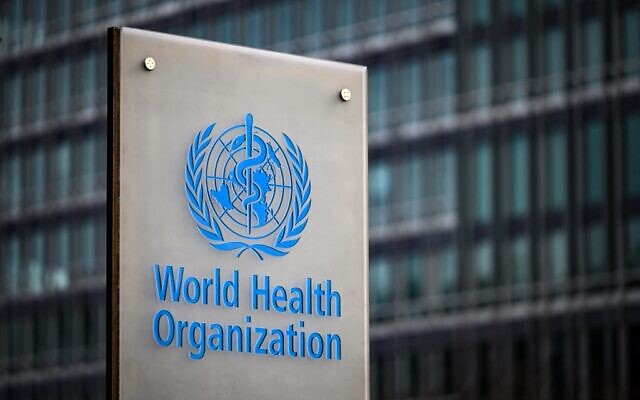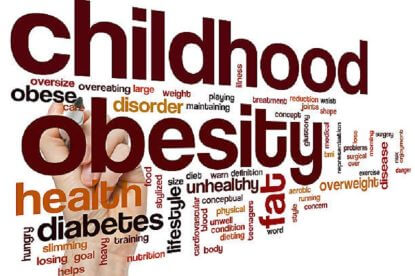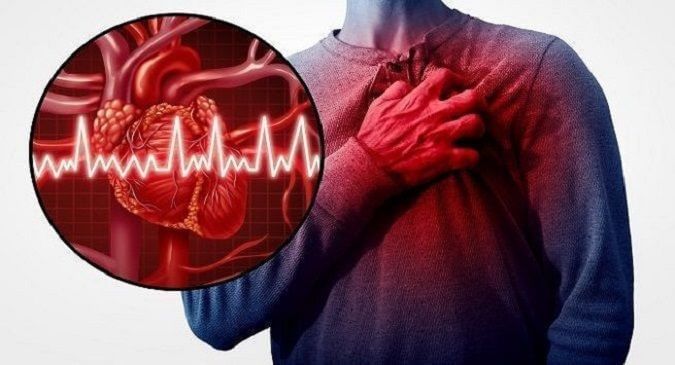New immune mechanism to protect from cancer identified
Mon 14 Mar 2016, 13:17:58

For the first time, researchers have identified a new innate immunity pathway that protects mammals from viral oncogenesis, the process by which viruses cause normal cells to become cancerous.
The discovery is significant - and could eventually contribute to development of new cancer therapies, researchers said.
"More than 20 per cent of human cancers – as well as a number of other diseases - are linked to chronic viral infections," said Xiaonan Dong from University of Texas Southwestern Medical Centre (UTSW).
The study found that the autophagy-related protein beclin 2 - also discovered by researchers - can help break down the key oncogenic viral protein associated with Kaposi's sarcoma, a type of cancer most commonly found in people with HIV infection or transplant-related suppression of their immune systems.
Autophagy is a cellular "housekeeping" process in which the body's cells destroy damaged proteins and organelles. Researchers studied the genes involved in this cellular recycling process and their roles in cancer, ageing, infections, and neurodegenerative diseases.
The findings showed that in addition to mediating autophagy, beclin 2 is also involved in a novel immune pathway that suppresses viral infection and virus-caused cancer.
"We found that beclin 2 can promote the degradation of Kaposi's
sarcoma-associated herpesvirus G protein-coupled receptor (GPCR), and thereby suppress its cancer-causing signalling," said Dong.
sarcoma-associated herpesvirus G protein-coupled receptor (GPCR), and thereby suppress its cancer-causing signalling," said Dong.
"Transgenic mice deficient in beclin 2 are more prone to viral GPCR-driven oncogenesis that resembles human Kaposi's sarcoma," he said.
Researchers found that increased beclin 2 expression accelerated degradation of viral GPCR and decreased pro-tumorigenic signalling, whereas decreased beclin 2 expression led to sustained levels of viral GPCR and enhanced pro-tumorigenic signalling.
This response is part of an endolysolomal trafficking process in which microbes and their constituent proteins are delivered to enzyme-filled cellular components called lysosomes.
Kaposi's sarcoma can affect the skin and internal organs. It is most often seen in people infected with HIV, but also has an incidence of about 1 in 200 transplant patients, researchers said.
"These findings deepen understanding of the mechanisms that our immune system uses to protect against cancer and potentially against other serious diseases caused by pathogenic viral proteins," said Beth Levine from UTSW.
"They may contribute to the identification and development of novel therapeutic targets and antiviral therapies," said Levine.
The findings were published in the journal Proceedings of the National Academy of Sciences.
No Comments For This Post, Be first to write a Comment.
Most viewed from Health
AIMIM News
Latest Urdu News
Most Viewed
May 26, 2020
Is it right to exclude Bangladesh from the T20 World Cup?
Latest Videos View All
Like Us
Home
About Us
Advertise With Us
All Polls
Epaper Archives
Privacy Policy
Contact Us
Download Etemaad App
© 2026 Etemaad Daily News, All Rights Reserved.

























.jpg)
.jpg)
.jpg)


